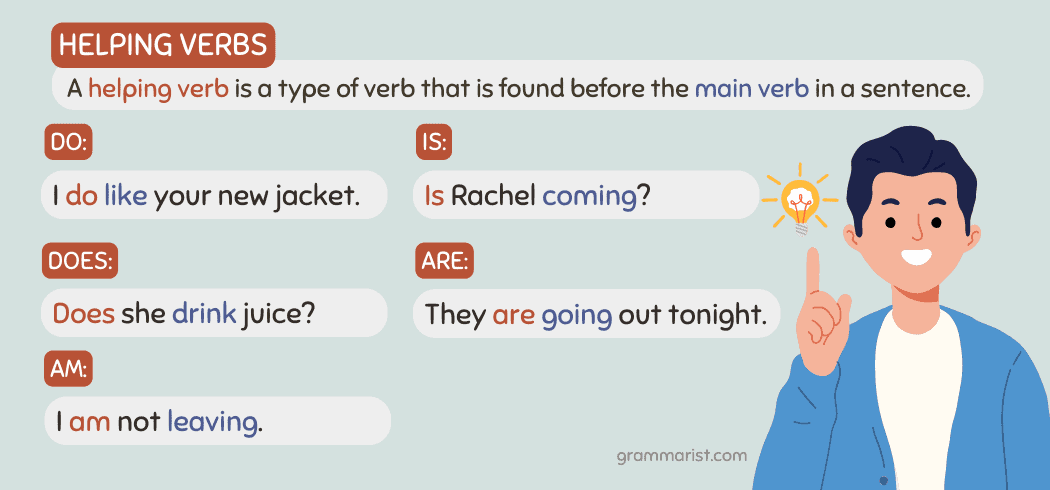Understanding Financial Warrants: How They Work, Types, and Practical Uses
Introduction to Financial Warrants
Financial warrants are specialized securities that grant the holder the right, but not the obligation, to buy or sell a company’s stock at a predetermined price within a specified period. Warrants are typically issued by companies as part of their capital-raising strategies and can be powerful tools for both issuers and investors [1] . Their flexible structure allows for strategic investment and speculative opportunities, making them a unique proposition in the landscape of modern finance.

Source: theaplawgroup.com
What Is a Warrant in Finance?
A warrant is a derivative security that entitles its holder to purchase (call warrant) or sell (put warrant) shares of the issuing company at a fixed price-known as the exercise price-before the warrant expires [3] . Unlike a standard stock option, which is a contract between two investors, a warrant is issued directly by the company. Warrants often accompany other financial instruments, such as bonds or preferred stock, as incentives for investors [4] .
Types of Warrants and Their Features
There are several types of warrants, each designed for particular strategic purposes:
- Call Warrants: Provide the right to buy shares at a fixed price in the future. These are the most common and used to speculate on rising stock prices [3] .
- Put Warrants: Allow the holder to sell shares back to the issuing company at a specified price, useful in declining markets [3] .
- Covered Warrants: Are backed by an underlying asset to reduce risks for both the issuer and investor [1] .
- Index Warrants: Use indices as the underlying asset, dispersing risk and reflecting broader market performance [1] .
- Detachable Warrants: Can be separated from the bond or stock they were issued with and traded independently [1] .
- Perpetual Warrants: Have no expiration date, offering ongoing flexibility [2] .
Each warrant type can be tailored to different investment strategies and risk profiles.
How Warrants Work: Step-by-Step Process
To make use of a financial warrant, follow these steps:
- Identify a Warrant: Look for securities with the suffix “wt” or check the issuing company’s disclosures. Warrants are often found attached to bonds or preferred shares [2] .
- Understand the Terms: Review the warrant certificate for exercise price, expiration date, and other conditions. The details determine the warrant’s value and risk profile [4] .
- Monitor Market Prices: Track the underlying stock’s price. Warrants become attractive when the market price exceeds the exercise price (for call warrants) or falls below it (for put warrants) [3] .
- Exercise the Warrant: If favorable, exercise the warrant by purchasing or selling the underlying shares at the agreed price before expiration [4] .
- Alternative Pathways: If you do not wish to exercise, you can often sell the warrant on the open market, provided it is detachable and marketable [1] .
For investors interested in trading or exercising warrants, contact your brokerage or financial advisor. To learn more about specific warrants, search for the company’s investor relations page or visit established financial portals like Bloomberg or Reuters for warrant listings and details.
Real-World Examples and Case Studies
Suppose you purchase a call warrant for Apple stock with an exercise price of $100, expiring in two years. If Apple’s stock price rises to $130, exercising the warrant allows you to buy shares at $100, potentially earning a $30 profit per share [3] .
Conversely, a put warrant on Microsoft with an exercise price of $25 lets you sell shares at $25 if the market price falls below that, thus limiting losses [3] .
Companies may issue warrants as part of debt offerings to sweeten the deal for investors. For instance, when Company ABC wants to raise $1 million, it might offer bonds plus warrants allowing investors to buy additional shares later at a discounted rate, attracting more capital [5] .
Benefits and Risks of Warrants
Benefits for Investors:
- Leverage: Warrants allow investors to control shares for a fraction of the cost, magnifying gains if the underlying stock moves favorably [3] .
- Strategic Flexibility: They can be used to speculate or hedge other investments [4] .
Risks:
- Expiration: Warrants are worthless if not exercised before expiration, except for perpetual warrants [2] .
- Market Volatility: The value of a warrant depends on the underlying stock, so sharp declines can make exercising unprofitable [3] .
- Dilution: Exercising warrants may increase the company’s outstanding shares, potentially diluting the value of existing shares [4] .
Investors should carefully analyze the terms and risks before purchasing or exercising warrants.
Evaluating and Accessing Warrant Opportunities
To evaluate a warrant opportunity, follow these steps:

Source: laist.com
- Review the issuer’s financial health and growth prospects, as these affect the likelihood of the stock price rising above the exercise price.
- Assess the expiration period-longer durations provide more flexibility but may entail higher premiums [2] .
- Compare the exercise price to the current market price; the larger the gap, the higher the speculative risk.
- Check liquidity: Ensure that the warrant is tradable on public exchanges if you wish to sell before expiration [1] .
To access warrant investment opportunities:
- Contact your financial advisor or brokerage and inquire about warrants listed on major exchanges.
- Use search terms like “stock warrants issued by [Company Name]” or “current warrants available on [Exchange Name]”.
- Review company filings and investor relations pages for official documents on their warrant offerings.
For the latest listings and data, established financial websites such as Bloomberg, Reuters, or Yahoo Finance provide updated information on active warrants. Always verify the terms and conduct due diligence before investing.
Alternative Approaches and Practical Guidance
If direct warrant investment is not suitable, consider:
- Purchasing exchange-traded funds (ETFs) that include warrant holdings for diversified exposure.
- Using options contracts for similar purposes, though these differ legally and structurally from warrants [4] .
- Consulting with certified financial planners or investment professionals for tailored strategies based on your risk tolerance and objectives.
If you have questions about a specific warrant or wish to explore further, search for the company’s official investor relations portal, or contact your broker for current listings and terms.
Summary and Key Takeaways
Warrants are versatile financial instruments that offer significant opportunities and risks for investors and issuing companies. They provide the right to buy or sell shares at fixed prices, can be customized in various ways, and require careful analysis before use. For actionable steps, always consult official company disclosures, trusted financial advisors, and reputable financial data sources.
References
- [1] Wikipedia (2024). Warrant (finance) – Comprehensive overview and types.
- [2] EBSCO Research Starters (2025). Warrants and Convertibles – Definitions and mechanics.
- [3] StudyFinance (2025). Stock Warrants – Types, examples, and risks.
- [4] Corporate Finance Institute (2024). Stock Warrants – Issuance and practical details.
- [5] Corporate Finance Institute (2024). Overview, Stock Warrant, and Examples – Capital raising and structure.
MORE FROM savvysc.com













